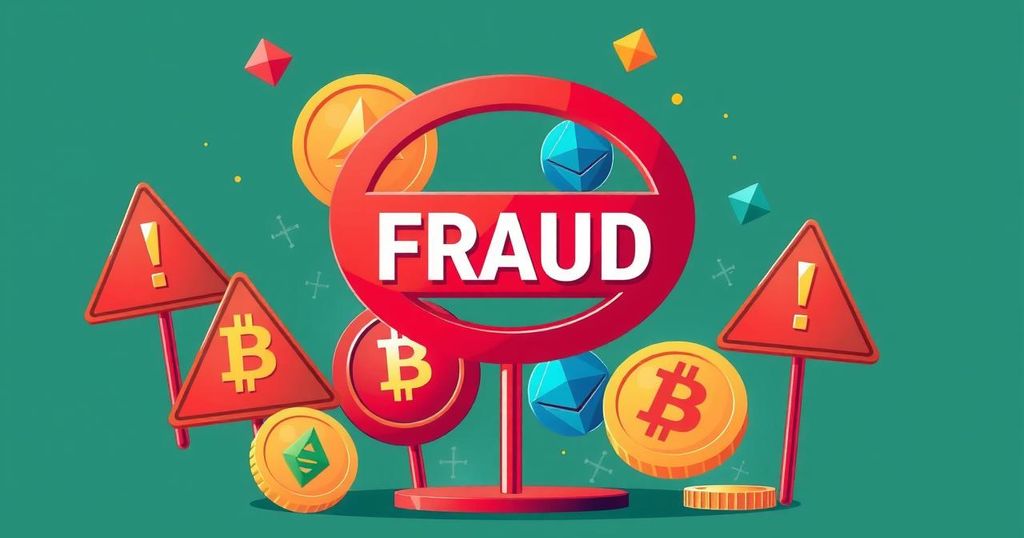Reporting Crypto Ponzi Schemes and Securing SEC Whistleblower Awards
The article discusses the increasing prevalence of crypto Ponzi schemes, highlighting their operational mechanics and the resulting financial losses, as reported by the FBI. It details the SEC Whistleblower Program, which incentivises tips about such frauds, and outlines common red flags for identifying these schemes. Examples of SEC enforcement actions against crypto fraud are provided to illustrate the organisation’s proactive stance in combating fraudulent activities. Ultimately, it emphasises the importance of whistleblower contributions in protecting investors from cryptocurrency-related scams.
The surge in cryptocurrency popularity has led to a rise in Ponzi schemes, where investors are misled into believing they are profiting from legitimate business operations. However, these schemes utilise new funds from investors to pay returns to previous investors, resulting in inevitable collapse as recruitment declines. The SEC, as voiced by Commissioner Hester M. Peirce, is actively combating these abuses and encourages public reporting of securities violations.
According to the FBI’s 2023 Cryptocurrency Fraud Report, there were over 69,000 public complaints regarding financial fraud involving cryptocurrencies, such as Bitcoin and Ethereum, leading to estimated losses exceeding $5.6 billion. Notably, although these cryptocurrency-related complaints constitute about 10% of all financial fraud complaints, they represent nearly 50% of total financial losses. This dramatic increase in fraud losses highlights the need for vigilance among investors.
The SEC encourages whistleblowers to report crypto Ponzi schemes through its Whistleblower Program, which rewards individuals who provide actionable information. Whistleblowers reporting original tips can receive a reward between 10% and 30% of total monetary sanctions exceeding $1 million. Since its inception in 2011, the SEC has issued over $2.2 billion in awards and taken significant enforcement actions that yield high monetary sanctions against fraudulent activities.
Identifying a crypto Ponzi scheme often involves recognising common warning signs as outlined by the SEC and FBI. Indicators include unrealistic high returns, promising low or no risks, complexity or secrecy in investment strategies, prolonged withdrawal processes, recruitment demands for payouts, anonymous promoters, and misleading website domains that imitate genuine firms. If an investment opportunity seems too beneficial, it likely merits scrutiny.
To report a suspected Ponzi scheme and qualify for a whistleblower award, individuals must use the SEC’s Tip, Complaint, or Referral Portal or submit a Form TCR via mail or fax. Consulting a knowledgeable attorney before submitting a tip is advisable for understanding eligibility criteria and potential award factors.
The SEC has actively targeted crypto Ponzi schemes through various enforcement actions. Recent cases include: 1) A lawsuit against NovaTech for a $650 million fraudulent crypto pyramid scheme luring over 200,000 investors. 2) Emergency asset freezes against Jonathan and Tanner Adam for a $60 million Ponzi scheme. 3) Charges against individuals involved in Trade Coin Club, which raised significant funds falsely promised to be invested through a trading bot. 4) Actions against Forsage, which raised over $300 million via a pyramid scheme model.
The continuing evolution of crypto-related scams necessitates whistleblower involvement to safeguard investors. The SEC encourages vigilance and proactive reporting of suspicious digital asset trading platforms, highlighting the risks in this emerging financial landscape.




Post Comment